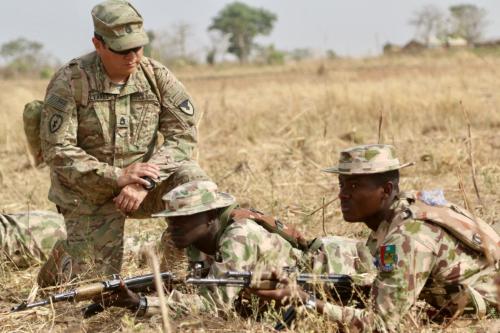2024
The two Iraq wars in 1991 and 2003 represent milestones in American military intervention abroad. They reflect the influences of the two dominant and competing schools of American foreign policy. The first represents a more traditionalist school, often described as “realist,” while the latter reflects a “neoconservative” belief that the United States’ principal foreign policy objective is to influence the nature of states and conditions within them, both for moral and ideological reasons.
On June 1, the Saban Center for Middle East Policy at Brookings will host Richard N. Haass, president of the Council on Foreign Relations, for a discussion of his new book War of Necessity, War of Choice (Simon & Schuster, May 2009), as well as the implications of these two wars for future American military interventions in the Middle East. Haass previously served as senior director for Near East and South Asian affairs on the staff of the National Security Council under President George H. W. Bush and as the director of policy planning at the Department of State under President George W. Bush. He will draw on his unique experience as one of a handful of top government officials involved in the decision-making process during both Iraq conflicts.
Haass will be joined by Senior Fellow Kenneth M. Pollack, director of research at the Saban Center and author of A Switch in Time: A New Strategy for America in Iraq (Brookings Institution Press, 2006) and Things Fall Apart, Containing the Spillover from an Iraqi Civil War (Brookings Institution Press, 2007). Brookings Senior Fellow and Saban Center Director Martin Indyk provide introductory remarks and moderate the discussion. After the program, panelists will take audience questions.
Agenda
-
June 1
-
Introduction and Moderator
 Martin S. Indyk Former Brookings Expert, Distinguished Fellow - The Council on Foreign Relations @Martin_Indyk
Martin S. Indyk Former Brookings Expert, Distinguished Fellow - The Council on Foreign Relations @Martin_Indyk -
Panelists
 Kenneth M Pollack Former Brookings Expert, Resident Scholar - AEI
Kenneth M Pollack Former Brookings Expert, Resident Scholar - AEI
-

